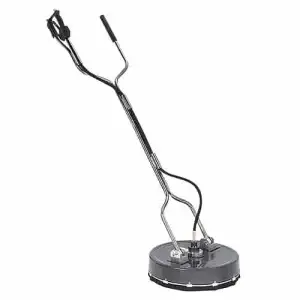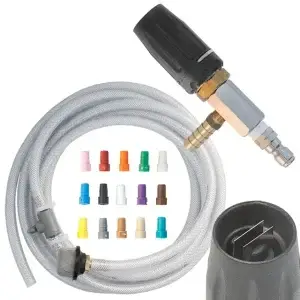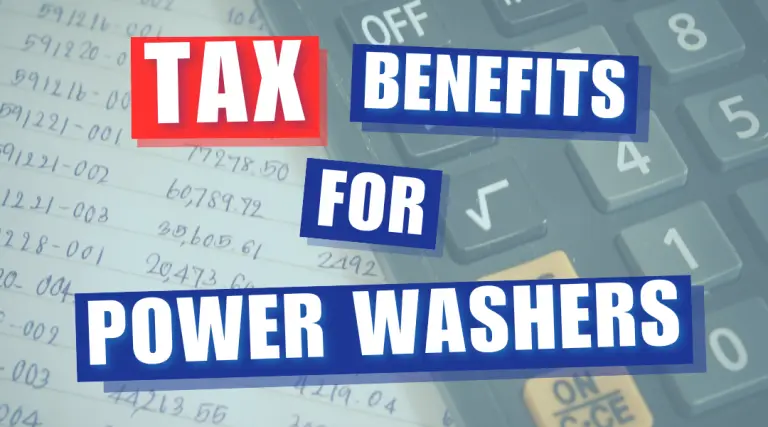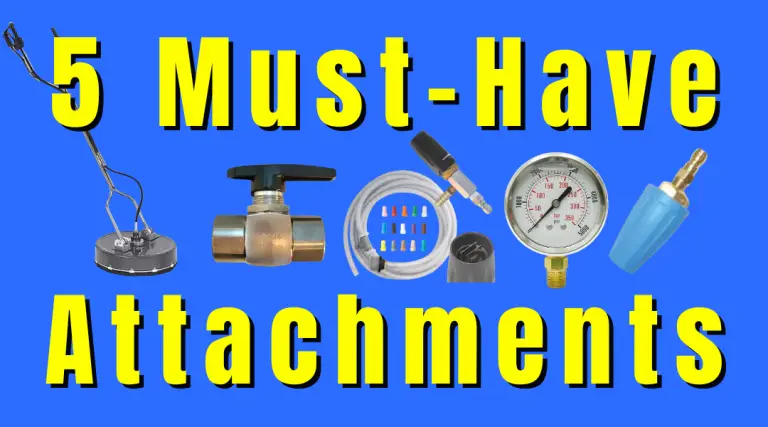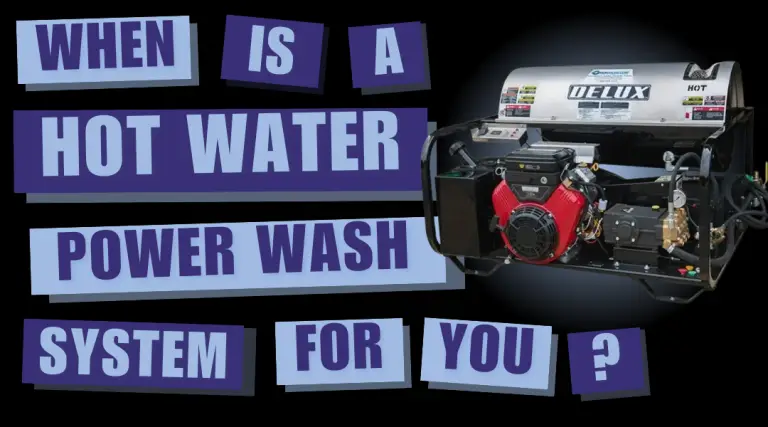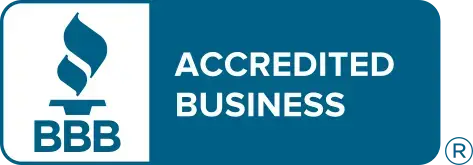- Home
- /
- PowerWash Industry
- /
- The Paycheck Protection Payroll Is More Than What Meets The Eye
Subscribe To Our Newsletter
Stay in the know on the latest products, deals, events, tips & tricks.
Social Media
Popular Products
-
-
All Pressure Washers
Maverick Stampede Complete Professional Soft Wash System with 3 tanks and a Proprtioner
$5,774.97 -
-
Awning Cleaning
Rust Remover Plus Pressure Washing Chemical: Achieve Fast, Professional Results!
$14.47
The Paycheck Protection Payroll Is More Than What Meets The Eye
Be Sure to Apply for your PPP funds by June 30
Whether you have employees or not, you still have until the end of June to apply for the government’s Paycheck Protection Program (PPP) forgivable loan, which was recently updated to provide more flexibility to business owners.
On June 4, Congress passed the Paycheck Protection Program (PPP) Flexibility Act of 2020, relaxing some of the initial PPP’s requirements. Here’s a rundown of the recent changes for companies with employees:
- You only need to spend 60% of your loan on payroll, as opposed to the original 75%. The remaining 40% can now be spent on what the government deemed “eligible expenses,” including rent, mortgage interest, and utilities.
- You now have 24 weeks to spend your PPP funds, as opposed to the original plan’s 8 weeks. However, all funds must be spent by December 31,2020.
- You have longer to file your payroll taxes. The original plan required taxes be paid immediately after forgiveness, but the new plan gives you until December 31.
- You have a longer time to restore employee wages. The deadline is now December 31, as opposed to the original June 30.
- You may qualify for a new exemption if you cannot rehire a worker.
You must prove in writing that you made a good-faith offer to your laid-off employees and you could not fill the position with a qualified replacement.
- You now have up to 10 months to apply for forgiveness.
What if I don’t have employees?
If you are a sole proprietor or independent without employees, you may still qualify for the forgivable loan as a replacement for lost profit. Your loan amount will be based off of your 2019 net profit and essentially covers 10 weeks of net profit.
There are a couple of ways to calculate the amount you qualify for. First, you can take your total 2019 net income, divide by 12, then multiply by 2.5. Or your can just multiply your 2019 reported net income by 0.154.
Eight weeks of your loan (referred to as “owner compensation replacement”) is pretty much automatically forgiven. The remaining two weeks’ worth must be spent on mortgage interest, utilities, and/or rent and you must have documentation for it to be forgiven. However, you must have either claimed or been allowed to claim these as a deduction on your 2019 Form 1040 Schedule C for them to be eligible for forgiveness of these additional expenses. Be sure to keep good records to prove you paid these during your loan period.
What documentation do I need?
For your loan to be forgiven, you must keep up with specific documentation, based on whether you have employees or not. These include:
- Verification of how many employees are on payroll and their pay rates during the loan time period
- Payroll tax filings and other payroll reports
- Income, unemployment insurance, and payroll filings
- Verification of retirement and health insurance contributions
- Proof of amount spent on rent, utilities, or mortgage interest during the loan period
- Proof that rent, utilities, and mortgage interest was paid in February 2020
Your lender may have some additional requirements.
How do I apply for loan forgiveness?
You simply need to fill out the PPP forgiveness application form and submit it to your lender, who is legally required to provide you with a response within 60 days.
What if my loan is not forgiven?
First, your lender may allow you to provide additional documentation in order to reassess your request. If your loan is not forgiven, you have five years to pay it off at a 1% interest rate. You can pay the loan off early with no penalty or additional fees.
Share This Post
More To Explore
Tax Benefits For Power Washing Professionals
Navigating the complexities of tax planning can be a daunting task for power washing professionals, yet it’s a crucial aspect …
Top 5 Must-Have Attachments to Elevate Your Power Washing Efficiency and Precision
Attachments for power washing systems are essential tools that significantly enhance the effectiveness, speed, and precision of professional cleaning jobs. …
When Should You Get A Hot Water Power Wash Machine?
When a Hot Water Power Washing System is Your Best Choice When deciding between a hot water power washing machine …
The Science Behing Power Washing
The Science Behind Effective Power Washing The science behind power washing is a balance of pressure, water, and chemical solutions …



